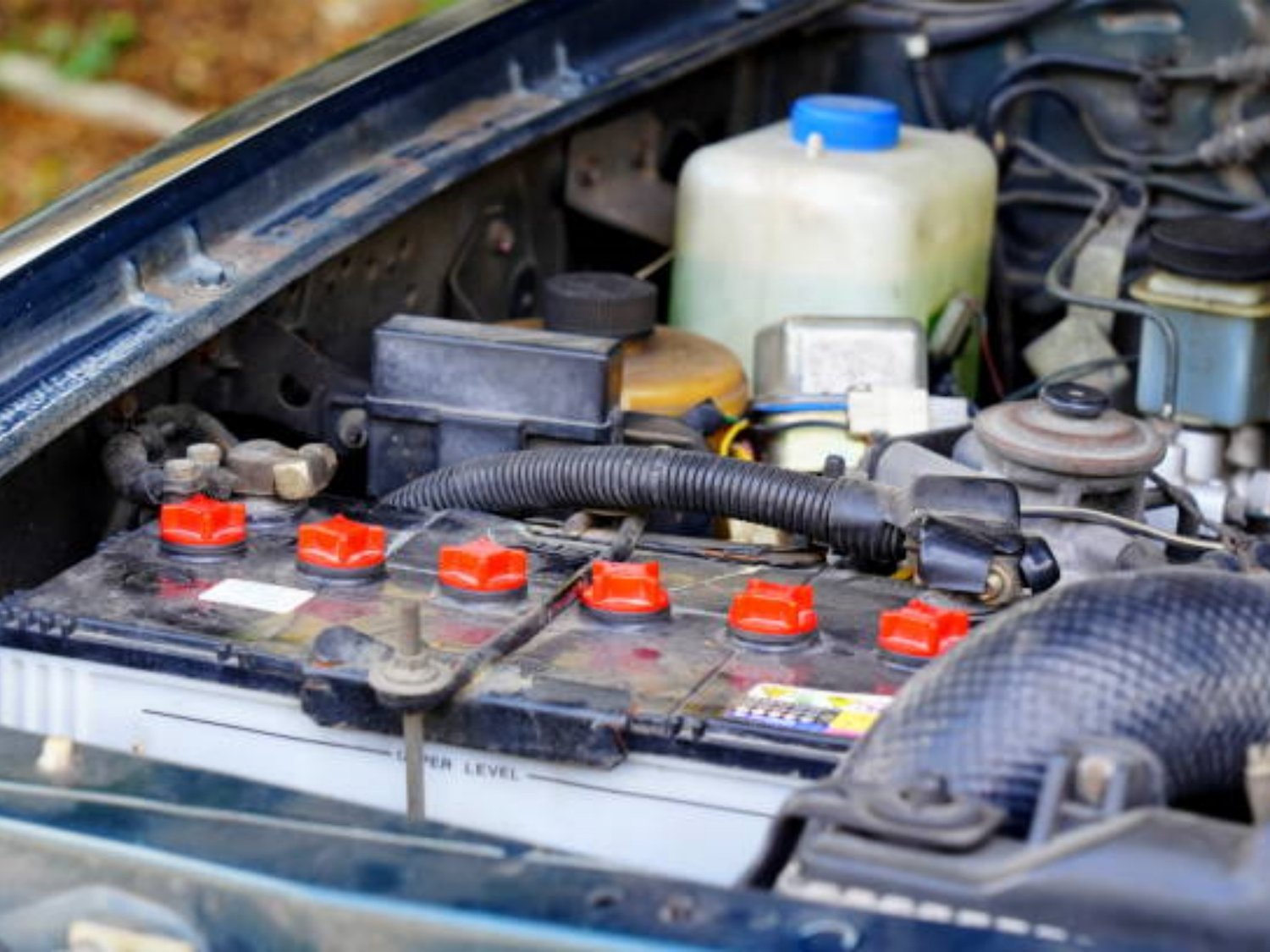Introduction
In today's fast-paced world, vacuum cleaners have become an essential tool for maintaining cleanliness in homes and commercial spaces. However, their efficiency and performance heavily rely on the condition of the battery that powers them. This article explores the importance of Vacuum Cleaner Battery Monitoring and Control, highlighting how it can help maximize efficiency and performance.
The Role of Battery Monitoring
Effective battery monitoring is crucial for maintaining optimal performance of vacuum cleaners. By continuously monitoring the battery, users can gain valuable insights into its health, charge level, and overall performance. This information enables them to make informed decisions to ensure uninterrupted operation and avoid unexpected downtime.
Enhancing Battery Lifespan
Battery monitoring and control systems play a vital role in extending the lifespan of vacuum cleaner batteries. By closely monitoring the charging and discharging patterns, users can prevent overcharging or deep discharging, which can significantly degrade battery health. Implementing intelligent control mechanisms based on real-time data can ensure the battery operates within safe limits, maximizing its longevity.
Optimizing Performance
Monitoring and controlling the vacuum cleaner battery can also have a direct impact on its performance. By analyzing battery data, such as voltage, current, and temperature, users can identify any anomalies or abnormalities that may affect the vacuum cleaner's efficiency. This allows for timely maintenance or replacement of the battery, ensuring optimal performance and suction power.
Preventing Downtime
Unexpected battery failures can lead to costly downtime, especially in commercial settings where vacuum cleaners are used extensively. Battery monitoring and control systems help prevent such situations by providing early warnings for low battery levels or degraded battery health. This allows users to take necessary actions, such as swapping batteries or scheduling charging cycles, to avoid interruptions in cleaning operations.
Intelligent Charging and Discharging
Battery monitoring and control systems enable intelligent charging and discharging strategies for vacuum cleaners. By analyzing the battery's state of charge and usage patterns, these systems can optimize charging cycles to minimize energy consumption and reduce charging time. Additionally, intelligent discharging ensures that the vacuum cleaner operates until the battery reaches an appropriate level, avoiding premature shutdowns.
Real-Time Monitoring and Alerts
With advancements in technology, vacuum cleaner battery monitoring and control systems now offer real-time monitoring capabilities. Users can remotely access battery data, including charge status, remaining runtime, and health indicators, through dedicated mobile apps or web interfaces. These systems also provide alerts and notifications for critical battery conditions, allowing users to take immediate action.
Efficiency in Energy Consumption
Battery monitoring and control systems contribute to energy efficiency by optimizing the overall energy consumption of vacuum cleaners. By analyzing usage patterns and battery data, these systems can identify opportunities for energy-saving measures, such as adjusting suction power based on the battery's state of charge or implementing sleep modes during idle periods. This not only reduces energy costs but also promotes sustainability.
Remote Diagnostics and Maintenance
Battery monitoring and control systems enable remote diagnostics and maintenance of vacuum cleaner batteries. Through connectivity features, manufacturers or service providers can remotely access battery data, diagnose potential issues, and provide timely maintenance instructions or replacement recommendations. This not only saves time and costs but also ensures uninterrupted operation and customer satisfaction.
The Future of Vacuum Cleaner Battery Monitoring and Control
The field of vacuum cleaner battery monitoring and control is continuously evolving. Advancements in sensor technology, artificial intelligence, and connectivity are expected to revolutionize battery management systems. Future developments may include predictive maintenance algorithms, wireless charging capabilities, and integration with smart home ecosystems. These advancements will further enhance the efficiency, performance, and convenience of vacuum cleaners in the years to come.

